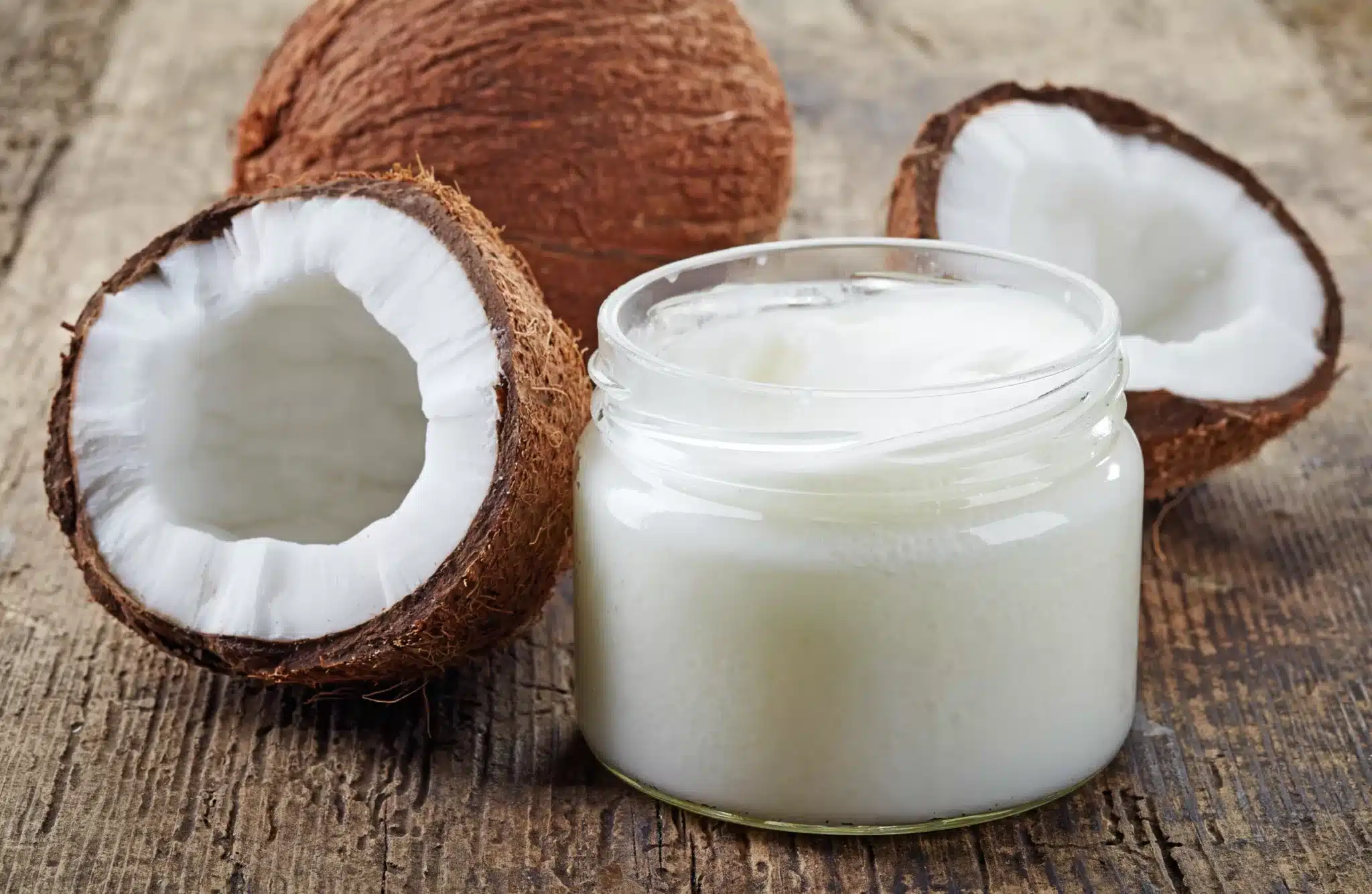Coconut products have been in trend lately, with coconut oil and coconut butter gaining a lot of popularity in the health and wellness community. Both coconut oil and coconut butter have unique benefits, but what is the difference between the two? Which one is better for cooking, baking, or as a healthy fat source? In this article, we will dive deep into the comparison between coconut butter vs coconut oil, their nutritional value, benefits, and uses.
Nutrition Comparison between coconut butter vs coconut oil:
Before we dive into the benefits and uses of coconut oil and coconut butter, let’s take a closer look at their nutritional value. Coconut oil is a pure oil extracted from the meat of a mature coconut. It is composed of about 90% saturated fats, and contains medium-chain triglycerides (MCTs) which are easily digested and absorbed by the body.
On the other hand, coconut butter is made by blending shredded coconut meat until it reaches a smooth and creamy consistency. It contains both the oil and the fiber from the coconut meat, which makes it more nutritious than coconut oil. Coconut butter contains about 65% fat, 25% fiber, and 10% protein.

Benefits and Uses:
Coconut oil and coconut butter have many health benefits and uses. Coconut oil has been widely used for cooking, baking, and as a substitute for traditional oils and fats. It has antimicrobial, antiviral, and antibacterial properties, which make it an excellent option for maintaining oral hygiene, as well as improving overall gut health.
Coconut oil is also known for its weight loss benefits. As it contains MCTs, which are easily converted into energy, it helps in boosting metabolism and promoting weight loss. It is also known to improve brain function, increase energy levels, and reduce inflammation in the body.
Coconut butter, on the other hand, has a more creamy and rich texture than coconut oil. It is a great addition to smoothies, desserts, and baked goods. Coconut butter is also an excellent source of dietary fiber, which promotes digestive health and prevents constipation. It contains lauric acid, which is a type of fatty acid that has antimicrobial and anti-inflammatory properties.
Coconut butter is also a great option for those who are lactose intolerant or have a dairy allergy, as it has a similar taste and texture to butter. It is also a great source of healthy fats, which help in maintaining healthy skin and hair.
Cooking and Baking:
When it comes to cooking and baking, both coconut oil and coconut butter can be used as a substitute for traditional oils and fats. However, they have different properties and uses.
Coconut oil has a high smoke point, which makes it ideal for high-temperature cooking methods such as frying and sautéing. It can also be used in baking as a substitute for butter or vegetable oil. Coconut oil has a neutral taste and can be used in both sweet and savory dishes.
Coconut butter, on the other hand, has a lower smoke point and is not suitable for high-temperature cooking methods. It is best used in baking as a substitute for butter or as a spread for toast, crackers, and fruits. Coconut butter has a sweet and nutty taste and is great for adding flavor and richness to dishes.

To summarize the comparison between coconut butter and coconut oil, we have created the following table:
| Coconut Butter | Coconut Oil |
|---|---|
| Made from blended coconut meat | Pure oil extracted from mature coconut meat |
| Contains both fiber and oil | Contains only oil |
| Creamy and rich texture | Liquid consistency |
| Contains more nutrients, such as fiber and protein | Contains MCTs |
| Not suitable for high-temperature cooking methods | Ideal for high-temperature cooking methods |
| Has a sweet and nutty taste | Neutral taste |
| Great for baking, smoothies, and as a spread | Great for cooking, baking, and as a substitute for traditional oils and fats |
Conclusion:
Coconut butter and coconut oil are both excellent options for those looking for a healthy and nutritious fat source. While coconut oil is great for high-temperature cooking methods, promoting weight loss, and improving brain function, coconut butter is a great addition to smoothies, desserts, and baked goods, and promotes digestive health and skin health.
Both coconut butter and coconut oil have unique benefits and uses, and the choice between the two depends on personal preference and the intended use. However, it is important to keep in mind that both coconut butter and coconut oil are high in saturated fats and should be consumed in moderation.
In summary, when it comes to coconut butter vs. coconut oil, there is no clear winner. They both have their unique benefits, and it is important to consider your individual needs and preferences when choosing between the two. Regardless of which one you choose, adding coconut products to your diet can be a great way to improve your health and wellbeing.
Originally posted 2023-05-13 22:59:50.

